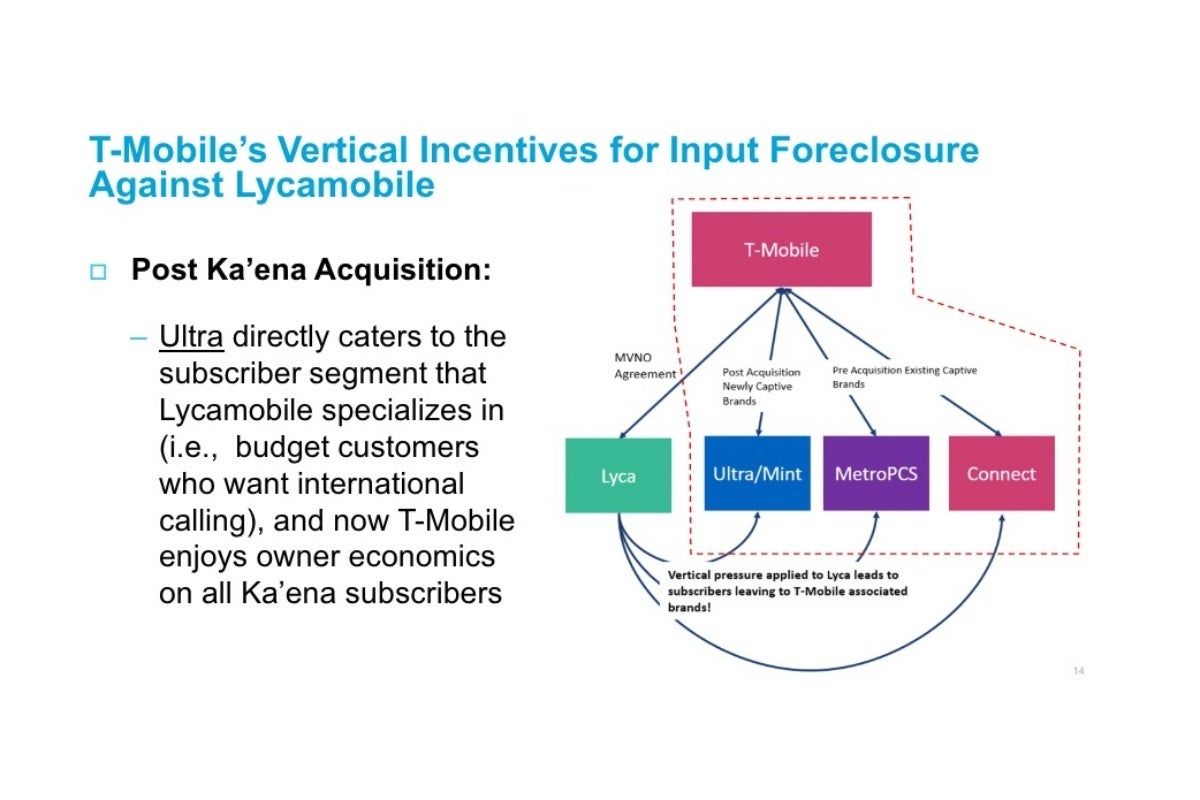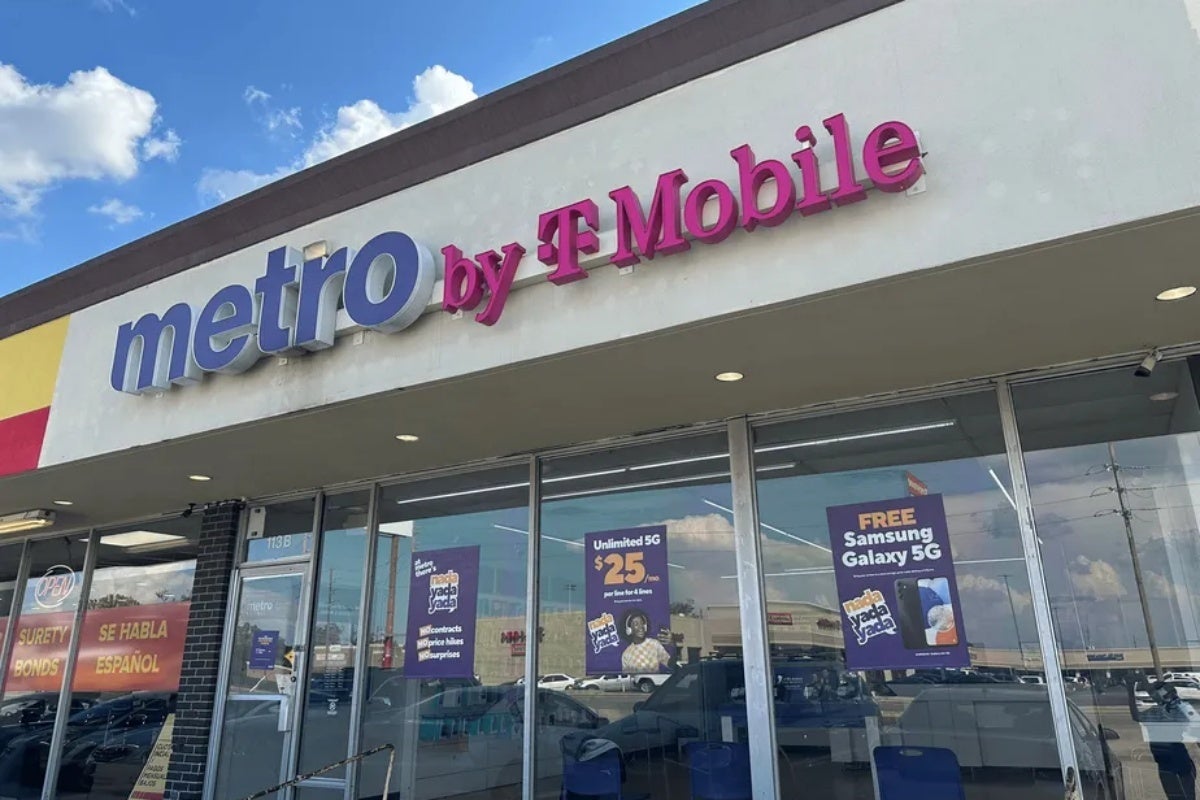Have you ever heard of Lyca Mobile? Probably not if you live in the US, but apparently, the UK-based company serves more than 16 million customers around the world as a mobile virtual network operator (MVNO). That’s a pretty big number for this type of business, although it’s nowhere near as large as T-Mobile’s subscriber count stateside, for instance.
While the two wireless outfits have been partners for more than a decade, with T-Mo helping Lyca amass a little over half a million US customers, said partnership has definitely hit a few bumps in the road over the last few years. The nation-leading “Un-carrier” even tried to terminate its network-supplying deal with Lyca Mobile shortly after completing Sprint’s acquisition, which was actually not allowed under the terms of said merger.
This saga is far from over
Naturally, Lyca is taking issue with other types of “New T-Mobile” shenanigans, arguing that MVNO competition is being intentionally stifled through a series of questionable moves following the close of the big union between T-Mo and Sprint.
Lyca Mobile is essentially accusing T-Mobile of trying to put the small carrier out of business stateside.
Despite committing to “preserving vibrant competition from independent MVNOs”, Magenta is being accused of developing a pattern of favoring certain services like its own Connect sub-brand and MetroPCS over products from companies like Lyca Mobile.
This years-long behavior is described in great detail in a new 35-page presentation, although for the time being, large chunks of the document shown to the FCC on May 17 are redacted for “public inspection” and thus not available to us. But the parts that are available paint a clear enough picture of the anticompetitive tactics employed by T-Mobile since 2020 to boost the popularity of Metro, Connect, and now Mint and Ultra Mobile while keeping any and all rivals at bay using any and all weapons.
Where does Dish come into the equation?
Unfortunately, pretty much nowhere, as the company that bought Boost to turn it into a fourth major force of the US wireless industry never really succeeded in doing so. Worse yet, there are no clear signs that’s about to happen anytime soon, although we’re not entirely sure if T-Mobile is to blame for Dish’s failures as well.
Metro by T-Mobile is without a doubt one of the most popular prepaid operators in the US today.
What’s obvious is that T-Mo also has a lot to gain from this flop story, which has further contributed to the rise of the aforementioned Connect and Metro by T-Mobile brands at the expense of small operators like Lyca Mobile. Lyca, by the way, is pointing the finger at its frenemy specifically for forcing it to raise its “costs of doing business and providing wireless services to its subscribers”, as well as “slow-rolling” various network functionalities that were delivered “promptly” to Magenta’s preferred partners.
Unfortunately for Lyca Mobile, it’s almost certainly too late for the FCC to overturn T-Mobile‘s acquisition of Mint and Ultra Mobile, although if these anticompetitive ploys are found to be supported in reality, a big fine could definitely be heading the “Un-carrier’s” way.






